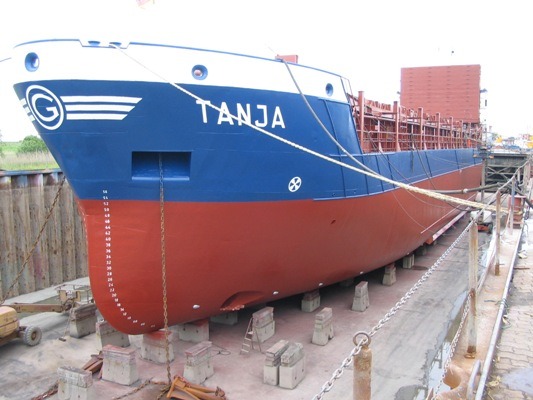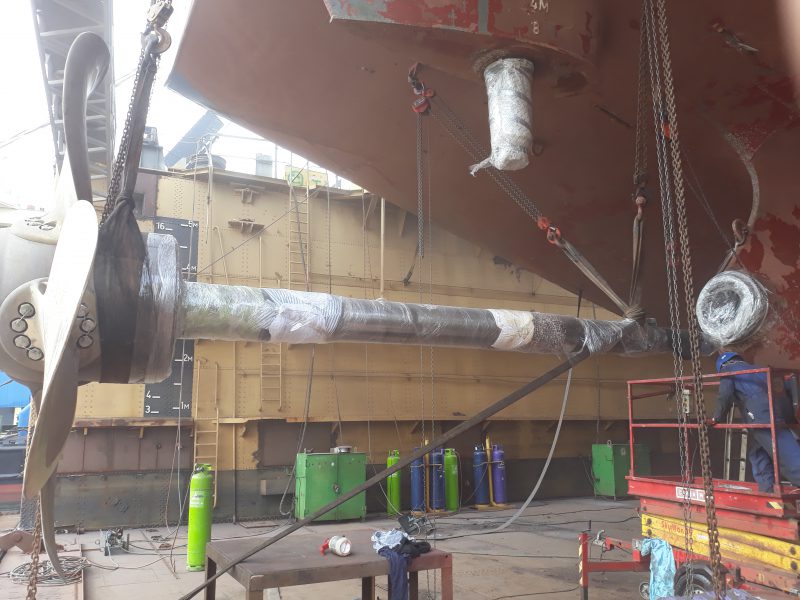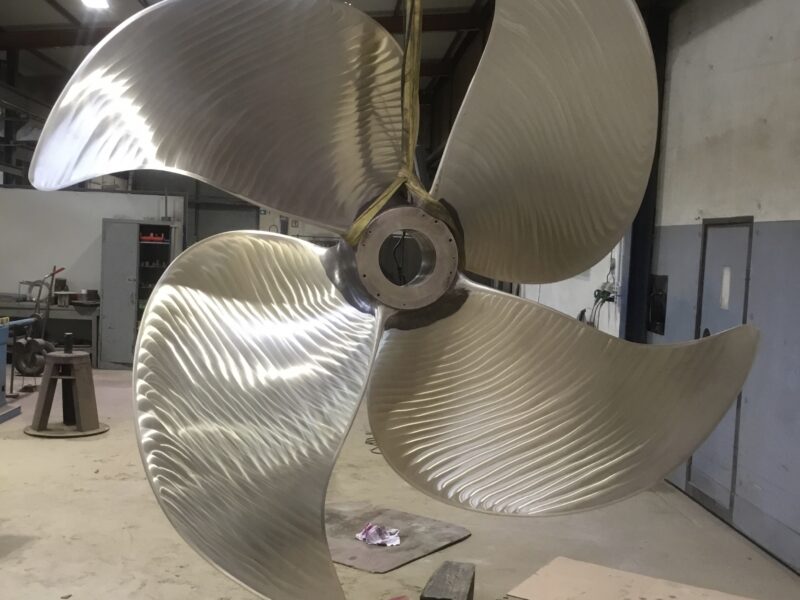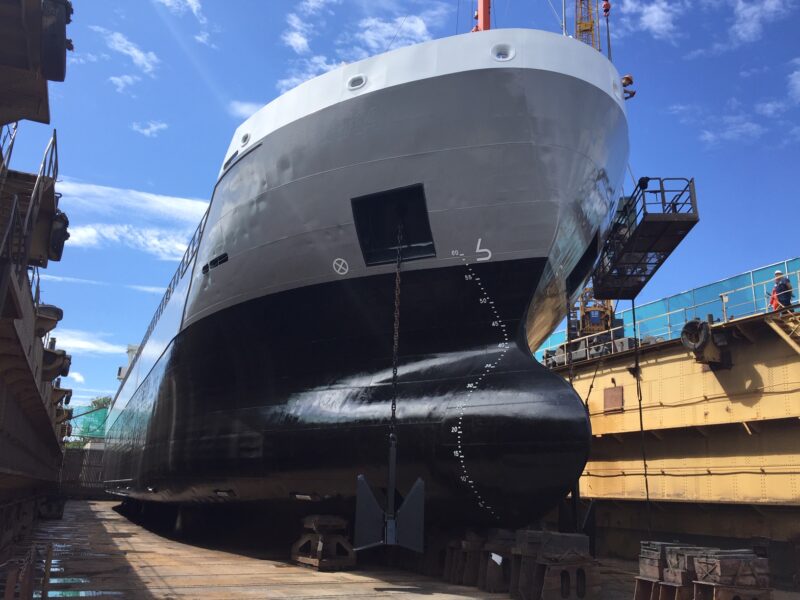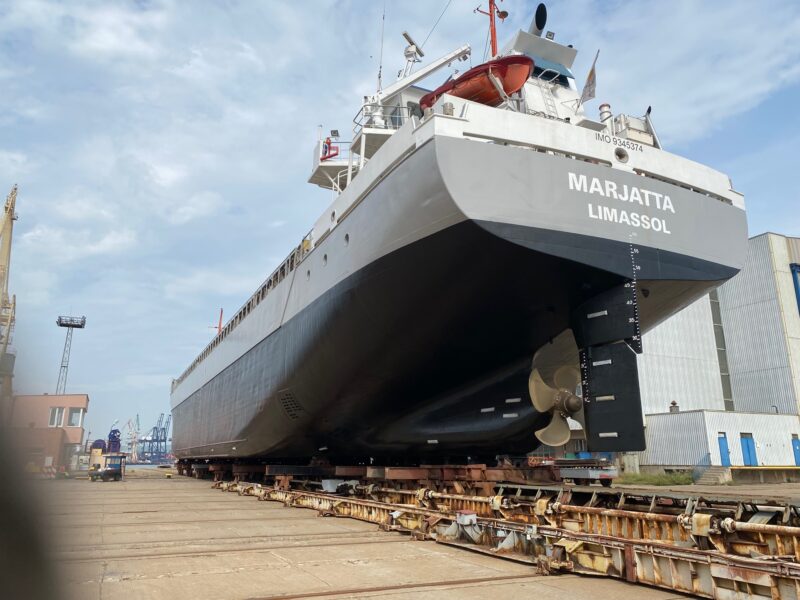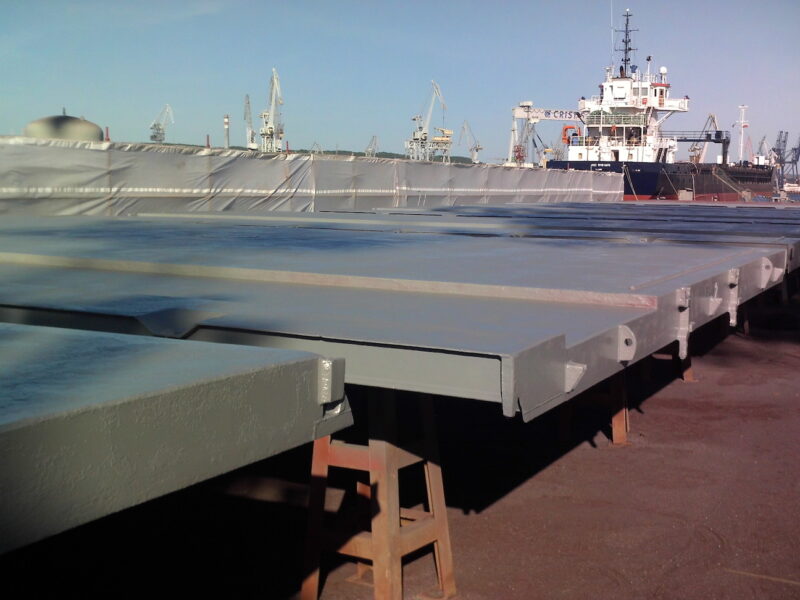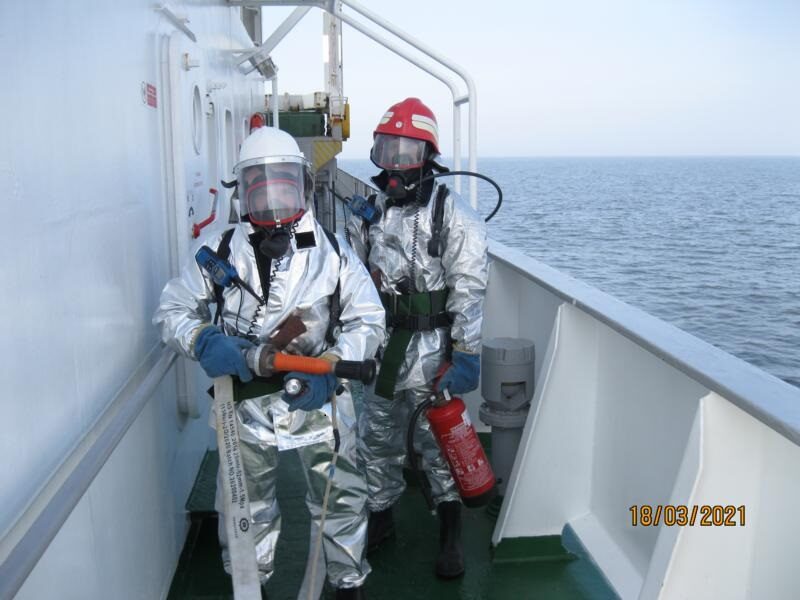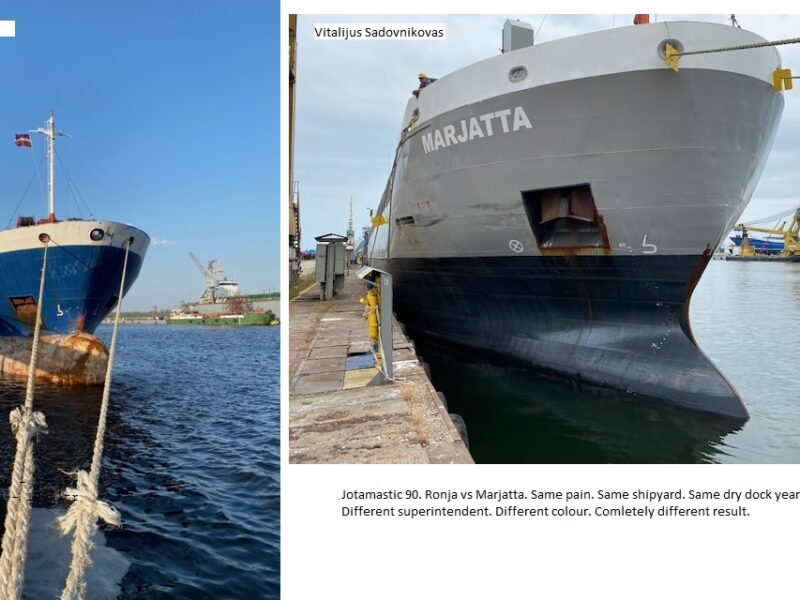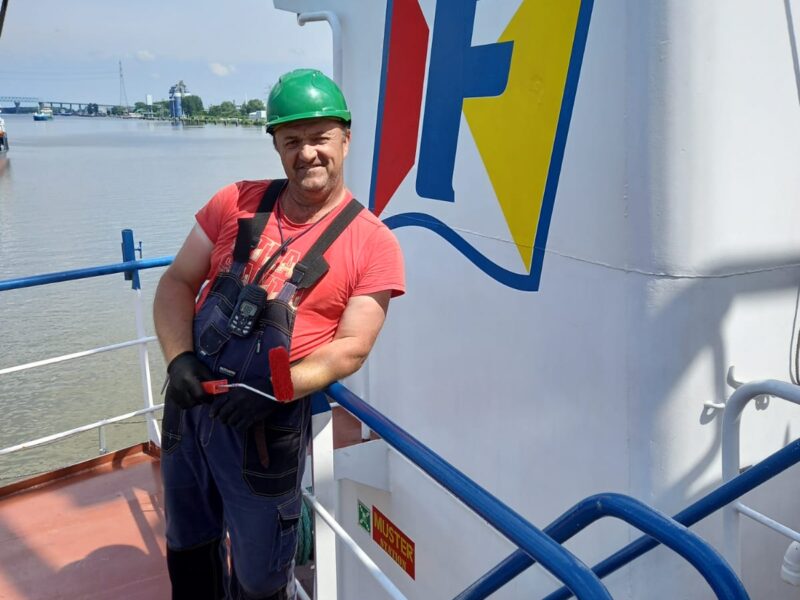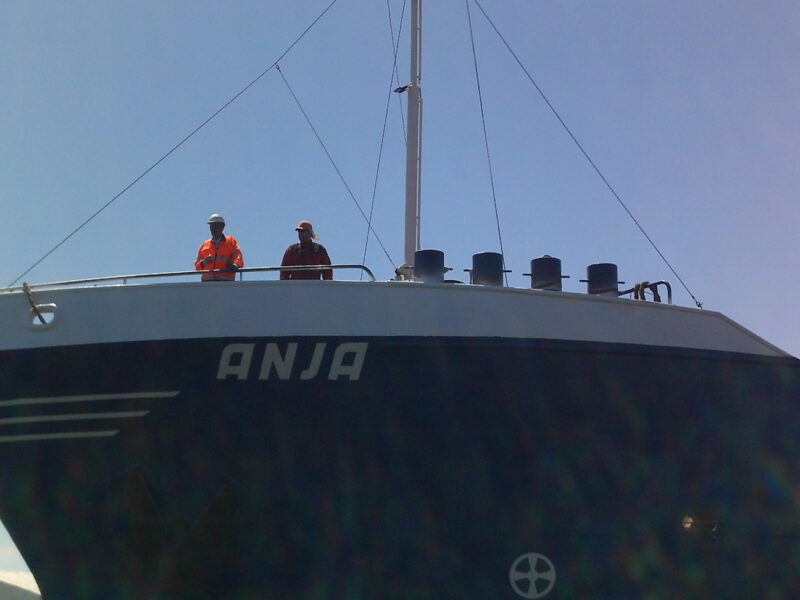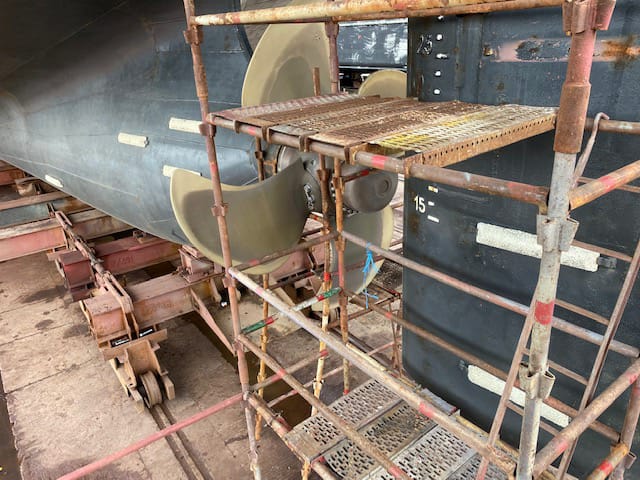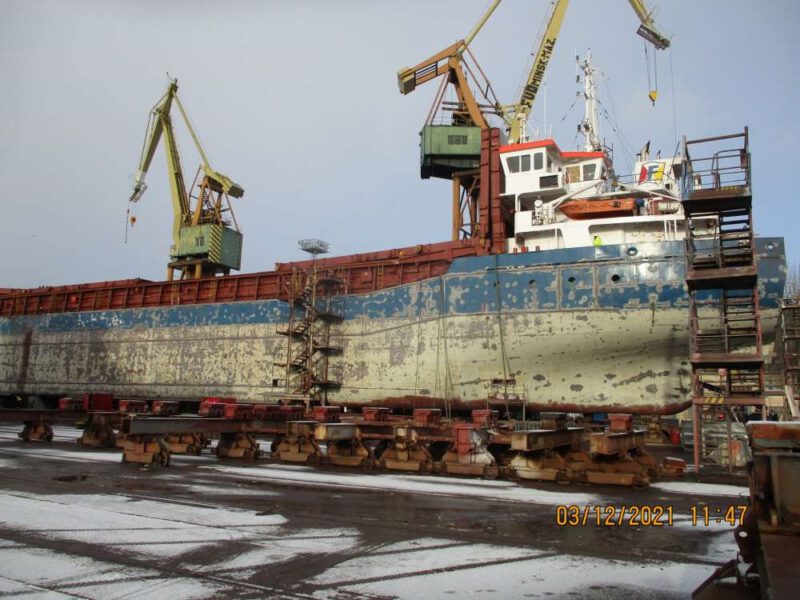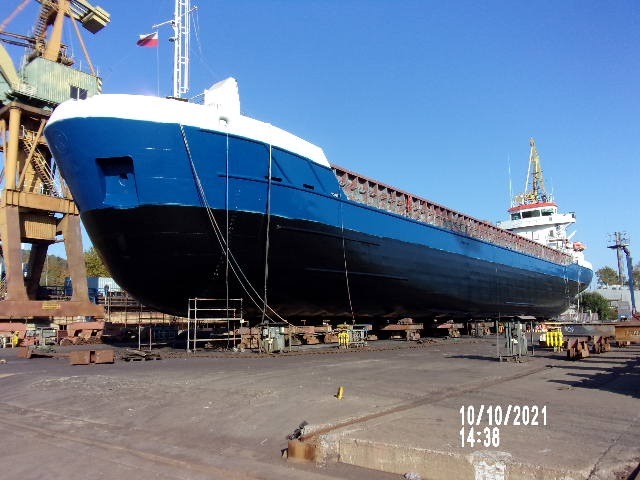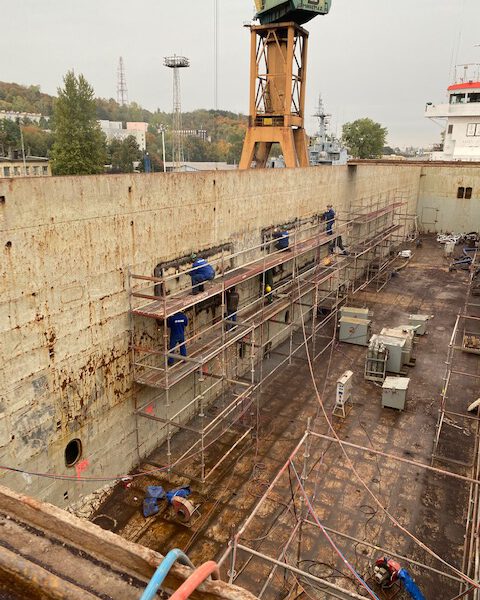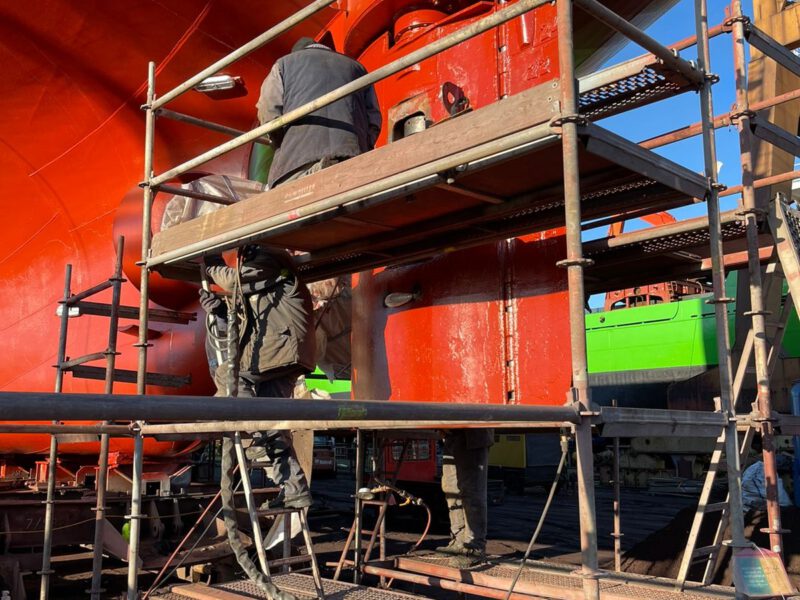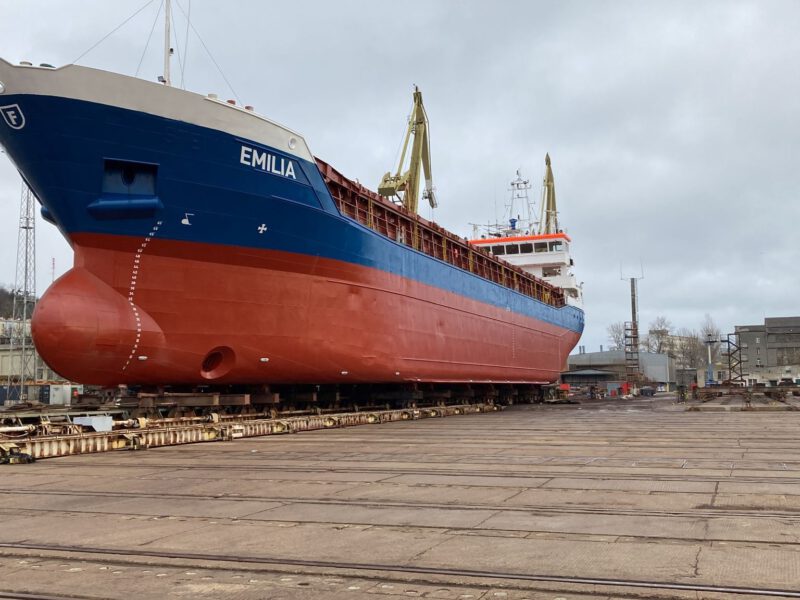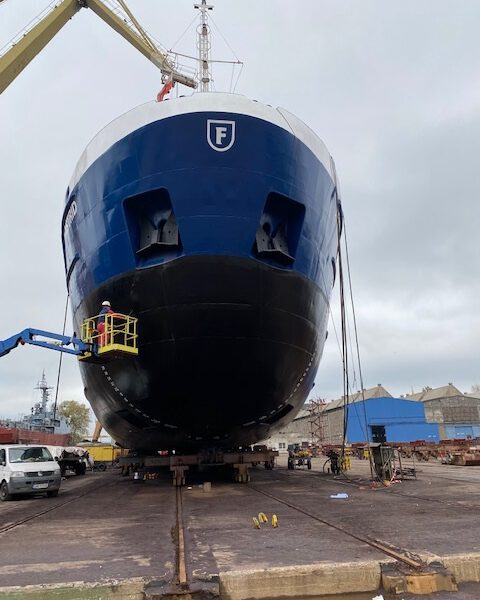Techninins laivų valdymas
Company provides technical ship management since 2000 including ISM, ISPS, MLC, dry-docking, repairs, supervising the crew, etc.
Technical management includes a wide scope of activities. There are no small things. Every single detail is important.
Direct contact and work with Flag state maritime administrations.
First step is office certification by Classification society on behalf of Flag state. After successful certification company receives Document of Compliance. From here office is authorized to work with Flag State. Next step is vessel registration and issuance of main Flag documents.
Essential Flag documents:
Certificate of Registry
Safe manning certificate
Radio certificate
Bunker pollution and Wreck removal certificate
Direct contact and work with Classification societies: Bureau Veritas, Rina, DNV, Lloyd’s Register.
This is a close contact work on a daily basis. Good technical support is vital for smooth vessel operation.
There is a long list of Class Certificates which every vessel must hold. The ship cannot move without having all valid certificates.
To name a few:
Certificate of Classification
Load-Line
Safety Construction
Safety Equipment
Safety Radio
Cargo Ship Safety
Dangerous Goods
Marpol Annex I – Oil
Marpol Annex IV – Sewage
Marpol Annex V – Garbage
Marpol Annex VI – Air
Marpol Annex VI – IEE
Ballast Water Management
Crew Accommodation
Cargo Gear
Certificate on IHM
Grain Loading Attestation
Anti-Fouling System
And that was only part of technical certificates. Another big part is procedures describing how the work on ship is done, checked and followed up with main emphasis on safety. Once the HOW procedures are verified Classification society issues three very important certificates:
Safety management certificate.
ISPS certificate
MLC certificate
Direct contact and work with P&I and H&M insurance.
Importance of insurance cannot be underestimated. Vessels operate in harsh environment in rough weather conditions and under constant commercial pressure.
First step to place insurance cover only with reputable and specialized insurance companies. It is not only the price which matters. It is Insurance company industry expertise and reliability what is really valuable.
Second task is handling insurance incidents when these happen whether it is day or night. Investigation and follow up is as important. After all owners must receive insurance cover to ensure business continuity.
Crewing
People is everything. There is no bigger danger than unqualified, reckless, tired or simply ignorant personnel. Seafarers operate ships which are worth millions of dollars. Human mistakes are costly and slow to rectify. Therefore crewing is probably the most important part in shipping and the most cost consuming too.
Safety
Safety culture on the ship is what prevents problems in a big way. Starting from wearing helmet on deck to handling sophisticated life saving appliances at sea. Every detail is important. Engine can be repaired and then it can be used. Safety requires daily attention. Quick fixes do not work here.
Technical maintenance.
Maintenance can be divided in two parts:
Daily maintenance and smaller ongoing repairs.
Dry dock, periodical surveys and larger scale repairs in shipyards.
External audits and surveys.
Shipping is one the most internationally regulated industries.
Ships are constantly visited by various authorities and inspectors. Captain, crew and company must be always prepared to demonstrate compliance with international rules.
Here is the list of organizations :
Port State Control
Flag State Survey
Coast Guard control
MARPOL inspection
Classification Society survey
ITF inspection
Insurance vetting
Charterers vetting

